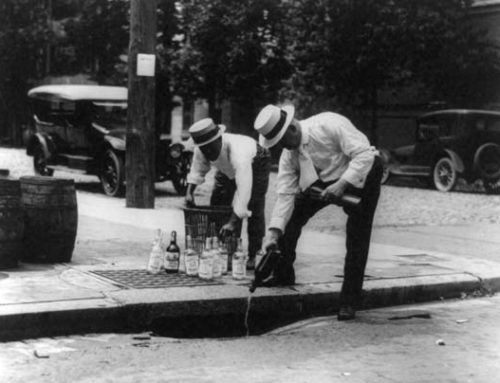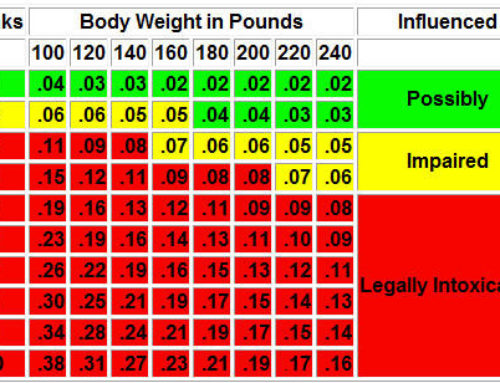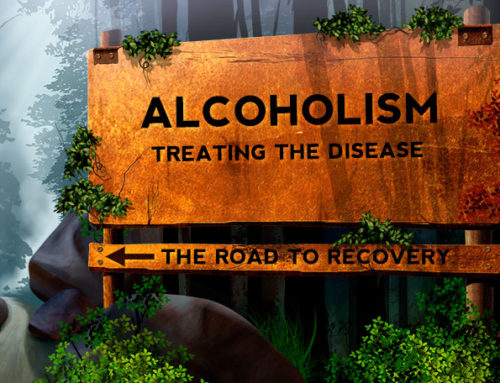Growing up the child of an alcoholic is not a normal childhood. Unfortunately, I didn’t find that out until I was a grown up. I assumed every child made a drink for dad when he got home. I assumed every child stepped over dad, passed out in the hallway, on her way to bed. I assumed every dad yelled and screamed and hit and almost burned the house down on a regular basis. I assumed every child crouched, protecting her head, in the back of the car while her drunken father drove wildly home from grandma’s house.
I was born too late to recognize Ozzie and Harriet as model parents. I grew up with Mike and Carol Brady and knew my parents sure didn’t act like them. My mom was sufficiently Carol-like, without the help of a maid. But my dad was no Mike Brady. Mike Brady didn’t pass out in his recliner. Mike Brady didn’t visit the liquor store once a week to “stock up”. Mike Brady didn’t start drinking in the morning.
When I went off to college and shared a dorm room with another 18-year-old, I realized soon how different my home life was from the norm. My formative years were spent devoid of affection, full of mistrust, lies, and abuse. And, I didn’t even know it.
The American Academy of Child and Adolescent Psychiatry states that 20 percent of all adult Americans grew up in a household with one or more alcoholics. The dangers that exist in these households are not all as obvious as abusive, drunken parents. A child who grows up in alcoholic household is four times more likely to become an alcoholic than other children. Most children of alcoholics are subject to some form of abuse (physical, sexual, psychological or all of the above) or neglect.
These children also grow up with additional problems. They are often forced to assume the role of parent even at an early age, in order to take care of their alcoholic parents. They suffer from guilt, feeling they are the cause of the alcoholism. Their live in almost constant anxiety, worrying when and where alcoholism will rear its ugly head again, or if someone outside the home will find out about it.
Children of alcoholics are more apt to be depressed, lonely, lacking in social contacts, and angry. As a child, I was terribly anti-social, always depressed, and suicidal from the age of five. I stole, I lied, I cut school. As soon as alcohol and drugs became available to me, they became the answer to all of my problems, but became a problem in itself. The circle remained unbroken – just like my parents who had been children of alcoholics, they had created another generation of alcoholics.






Recent Comments